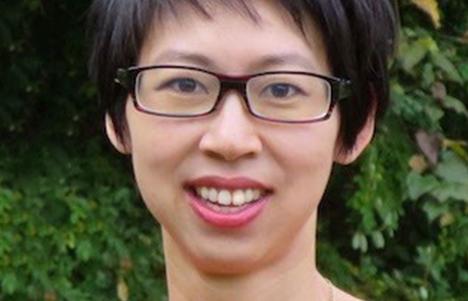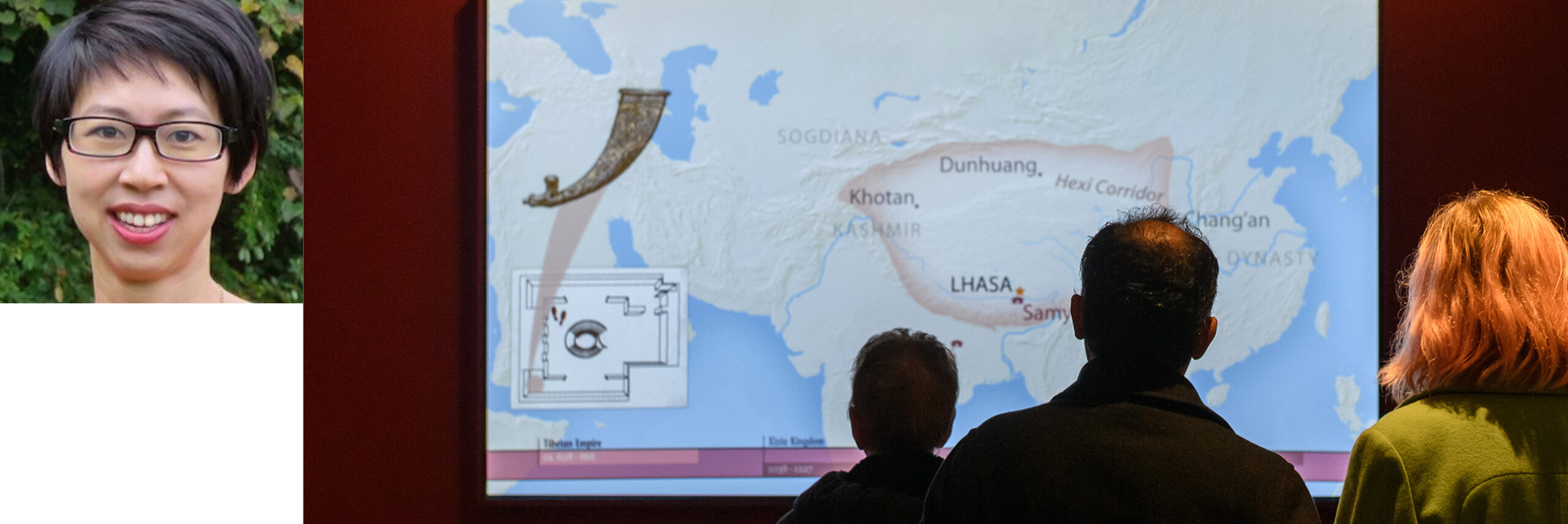
Tibetan Lamas and the Qing Court (1644-1911)
Lecture by Wen-shing Chou
Saturday, May 11, 2019
3:00 PM–4:30 PM
The Manchus adopted Tibetan Buddhism as a state religion after they conquered China from the north side of the Great Wall and founded the Qing dynasty (1644″“1911). Like many emperors of the Yuan and Ming dynasties, the Qing emperors invited Tibetan clerics to their court and established priest-patron relations with them. What was unprecedented, however, was the Qing incorporation of previous priest-patron relations and existing ideals of lndo-Tibetan Buddhist kingship into the creation of a universal imperial persona.
About the Series
Is Tibet a part of China, an independent nation, or something else? Questions about Tibet’s sovereignty and its relationship to China are hotly contested. To understand where Tibet-China relations are today, a long view is beneficial. Four lectures by leading scholars in the field seek to plot out the causal milestones in Sino-Tibetan relations from the 7th to the 20th century.
Once one of the most formidable military powers in Central Asia, Tibet later developed a singular association with the Mongol and then the Manchu rulers of the Chinese Empire. Tibetan Buddhism offered these rulers a divine means to power and legitimacy in return for a sometimes tacit, sometimes explicit interdependence. The series concludes by addressing how Western notions of nationhood and sovereignty disrupted the status quo between Tibet and China.
About the Speaker

Dr. Wen-shing Chou is assistant professor of East Asian art at Hunter College, City University of New York. Chou’s research focuses on the relationship between religious vision and early modern empiricism in the art of China and the Himalayas, as well as the intersection of history, geography, and biography in Buddhist traditions. Her first book is Mount Wutai: Visions of a Sacred Buddhist Mountain (2018), and her current project explores the courtly culture of linguistic and material pluralism in Qing China.

